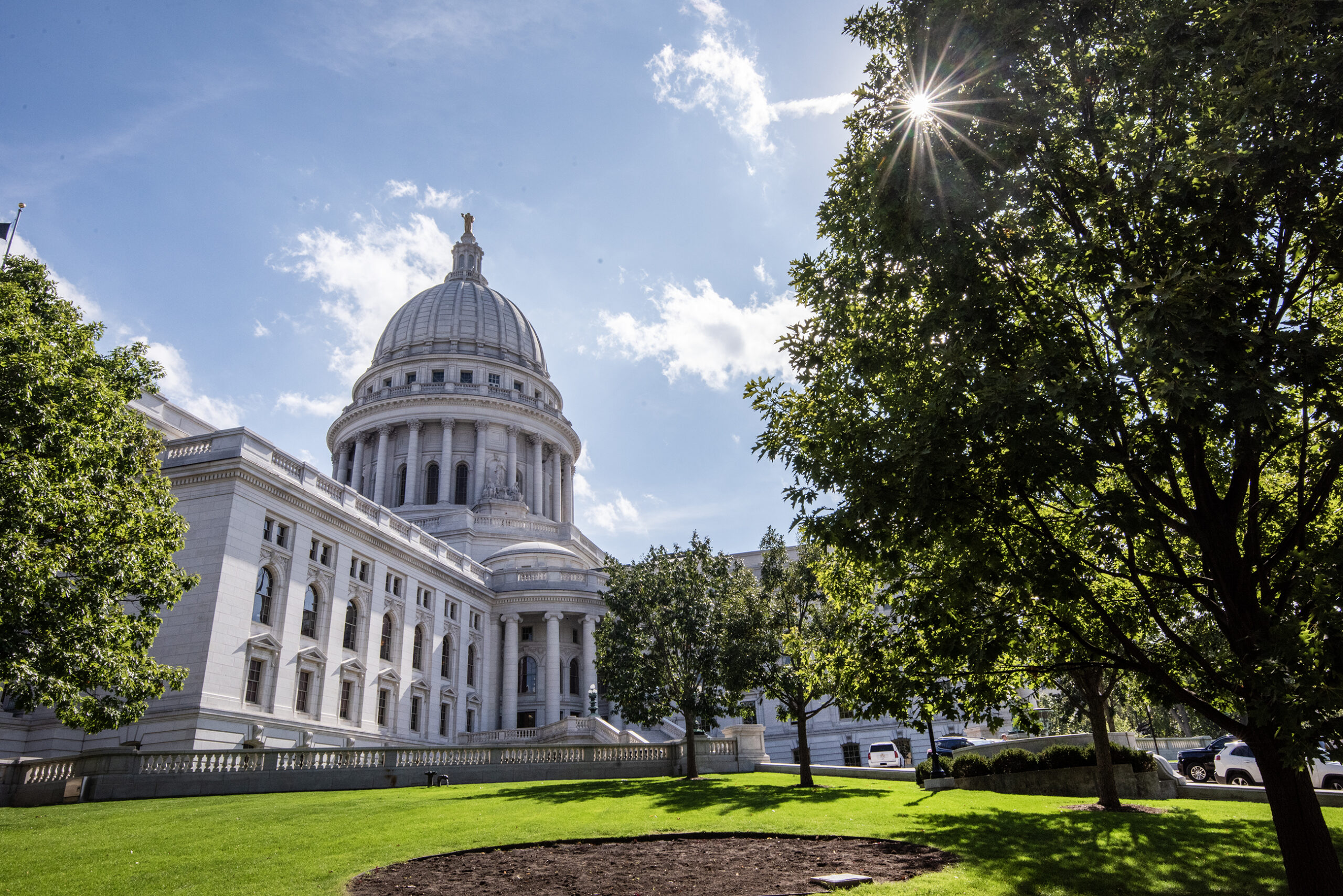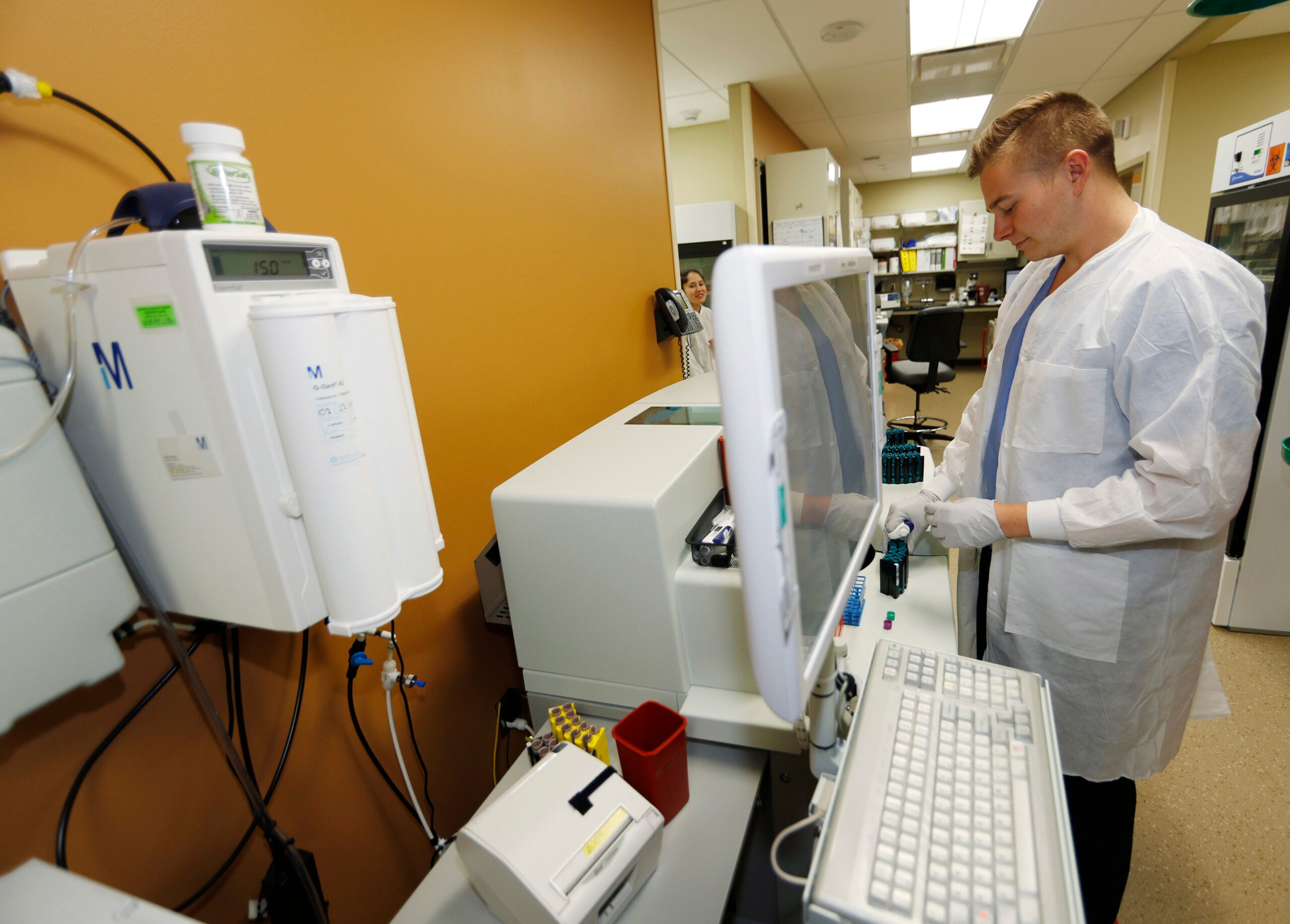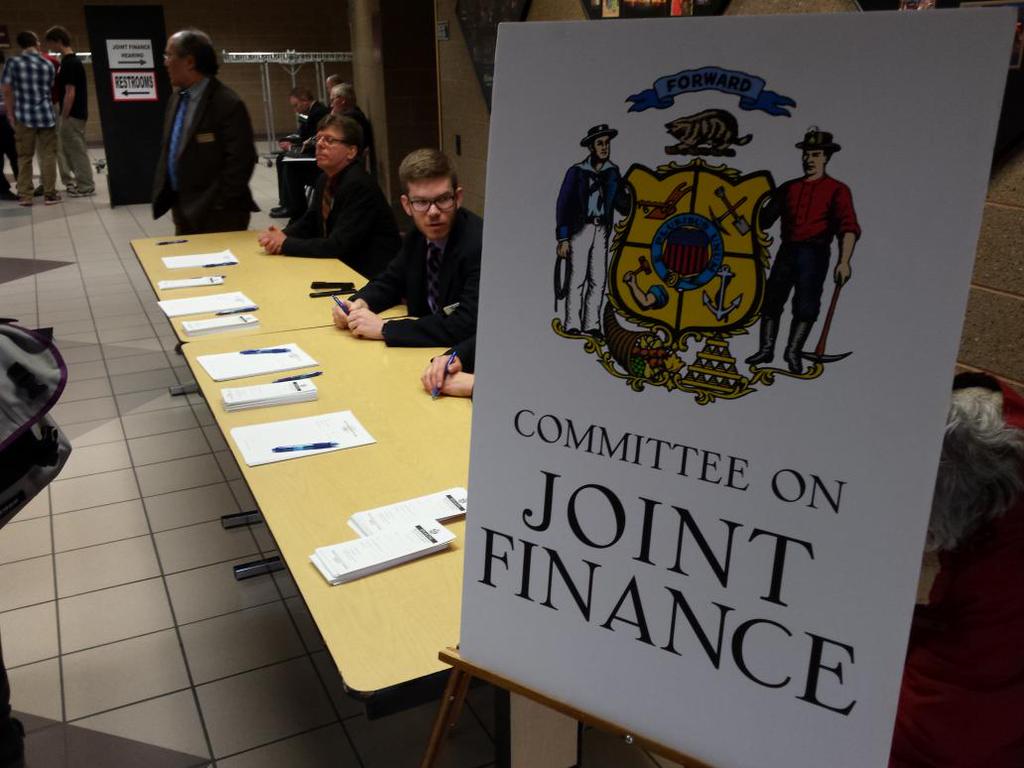In another showdown with Democratic Gov. Tony Evers, Wisconsin Assembly Republicans voted Tuesday to approve 11 bills that outline their priorities for spending federal COVID-19 aid in Wisconsin — money that, under current law, lawmakers have no authority over.
GOP state lawmakers have pushed for months for Evers to include them in crafting the spending plan for the $3.2 billion in aid set to come to Wisconsin state government under Congress’ latest pandemic aid plan. The governor, who has sole authority under federal guidelines to direct federal funding across the state, has declined to give Republicans a seat at the table.
Evers has already vetoed two bills that would have given the Legislature’s Republican-controlled state budget committee veto power over his spending plans for the stimulus money. Late last month, the governor released his initial plans for some of the federal money, saying additional announcements would be coming soon.
Stay informed on the latest news
Sign up for WPR’s email newsletter.
In response, Republican lawmakers unveiled individual bills with their own spending plans, which are all but certain to be vetoed.
Speaking at a press event in Milwaukee on Tuesday morning, Evers wouldn’t commit to the vetoes, but reiterated his concerns with the GOP approach.
“I want to see what gets to my desk, but if it’s going to be this fight about who’s in charge, who’s going to do what and what sort of machinations I have to go through with the Legislature, that’s a problem,” Evers said. “We need to get this money out the door.”
During debate, Assembly Speaker Robin Vos, R-Rochester, argued the governor is more concerned about his political agenda than getting the money out the door quickly.
“Democracy is not, first of all, meant to be quicker,” Vos said. “The governor has four years to spend this money. So, this is not about quick relief, this is not about some kind of a nimble response.”
Vos argued there should be “robust debate” over individual spending plans for the federal money.
Meanwhile, Democrats used floor debate time to accuse Republicans of attempting to overstep their bounds.
“Gov. Evers has the authority to invest these dollars — even if legislative Republicans don’t like it,” said state Rep. Dianne Hesselbein, D-Middleton.
The Assembly ultimately approved all 11 bills on party-line votes, with Republicans voting in favor and Democrats against.
Some of the GOP proposals, like a funding boost for broadband internet expansion across the state and grants for small businesses, are in both the Evers and Republican plans. However, their plans would spend different amounts. Evers’ initial proposal included $200 million for infrastructure, including broadband, and $600 million for a small business grant program. Republicans proposed $500 million solely for broadband and $200 million for small business grants.
In another overlapping area, Republicans would spend $75 million on aid to the state tourism industry, while Evers’ initial plan included $50 million for tourism support.
According to the Legislature’s nonpartisan budget office, some of the Republican proposals, like a plan to spend $250 million to pay off state debt, may not be allowed under the federal stimulus bill.
Other proposals that may violate requirements in the federal stimulus bill, according to the budget office, are:
- A $1 billion plan to send checks to people who pay property taxes in Wisconsin. The budget office said it was unclear whether the U.S. Treasury would view this proposal as assistance to households, which is allowed, or a tax rebate or credit, which is not.
- A proposal to spend about $54 million upgrading Wisconsin’s emergency communications systems. The same proposal would also spend $15 million to expand mental health treatment at the HSHS Sacred Heart Hospital in Eau Claire.
- A $309 million grant program for local highway and bridge projects.
- A measure aimed at preventing a tax increase on employers that support Wisconsin’s unemployment insurance program. While the amount of the plan could vary depending on fluctuations in Wisconsin’s labor market, it would currently cost an estimated $310 million.
Other GOP bills that would meet federal requirements, according to budget office analysis, would:
- Spend $61 million on water-related programs, including $40 million to replace lead service lines. Many of the same ideas were included in Evers’ budget, but would be paid for with state funds.
- Allocate $150 million to grants for nursing homes and assisted living facilities.
- Dedicate $100 million on two grant programs supporting rural economic development and farmers.
The Assembly also voted Tuesday on proposals unrelated to the federal COVID-19 funding. Those bills would:
- Create a summer “sales tax holiday” for certain businesses in Wisconsin, including taverns, restaurants and movie theaters. The tax holiday is proposed to run from June 1 to Aug. 31. This bill passed the Assembly 62-32. It has yet to be voted on in the Senate.
- Require Wisconsin middle and high schools to incorporate lessons about the Holocaust and other genocides into social studies classes. The bill passed the Assembly on a unanimous voice vote. It has already passed the Senate, so it now moves to Evers’ desk for his signature.
Wisconsin Public Radio, © Copyright 2025, Board of Regents of the University of Wisconsin System and Wisconsin Educational Communications Board.





